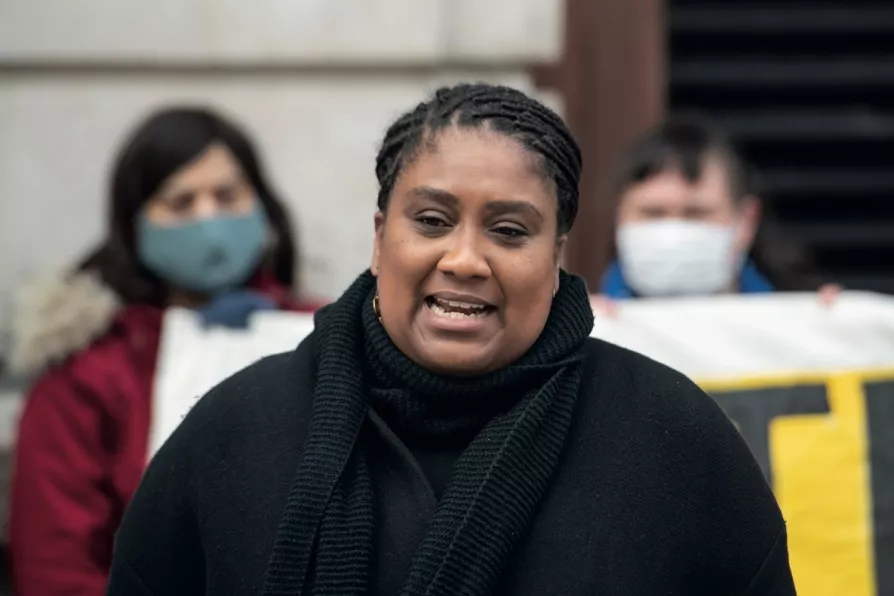By pressuring Mexico to halt oil shipments, Washington is escalating its blockade of Cuba into a direct bid for economic collapse and regime change, argues SEVIM DAGDELEN

 Labour's Bell Ribeiro-Addy
Labour's Bell Ribeiro-Addy
BELL RIBEIRO-ADDY is the Labour Party member for Streatham in south London and also chair of Westminster’s all-party parliamentary group (APPG) for Afrikan Reparations.
Ribeiro-Addy is joined in the group by fellow Labour members Apsana Begum, Dawn Butler, Marsha De Cordova and Clive Lewis, Kate Osamor, Nadia Whittome, plus Sir Peter Bottomley from the Tories, Caroline Lucas from the Greens, Anne McLaughlin from the Scottish National Party and independents Diane Abbott, Jeremy Corbyn and Claudia Webbe.
The APPG is following in the footsteps of the late legendary former MP for Tottenham, Bernie Grant, in not just fighting for reparations but for the return of arts and cultural artefacts, such as the bronzes looted by British colonialists from the Kingdom of Benin.

ROGER McKENZIE reports on the west African country, under its new anti-imperialist government, taking up the case for compensation for colonial-era massacres

On the anniversary of the implementation of the 1833 Slavery Abolition Act, ROGER McKENZIE warns that the legacy of black enslavement still looms in the Caribbean and beyond

ROGER McKENZIE expounds on the motivation that drove him to write a book that anticipates a dawn of a new, fully liberated Africa – the land of his ancestors

SUE TURNER is appalled by the story of the only original colonising family to still own a plantation in the West Indies










